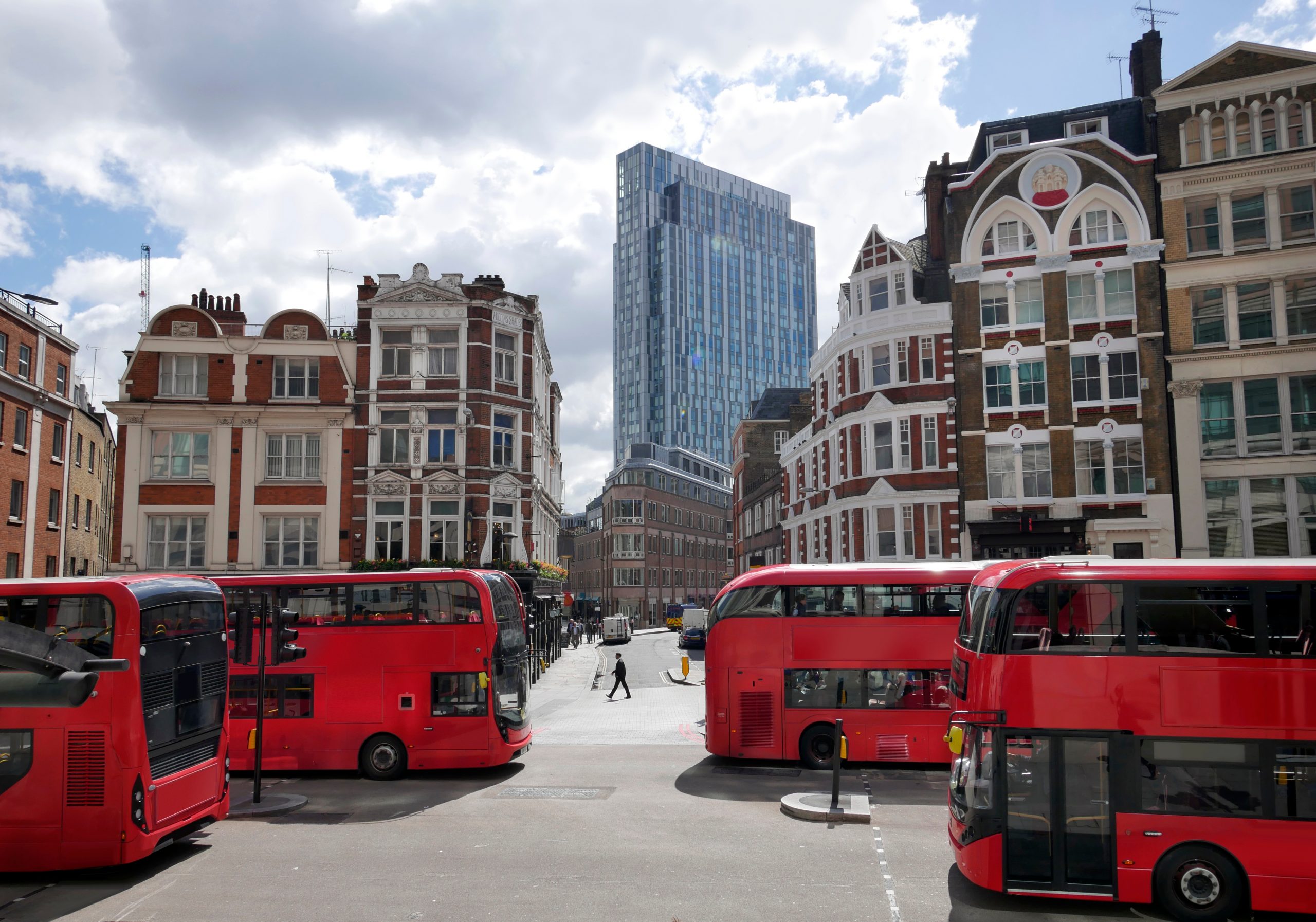On 15 March this year, the UK Government published the “Bus Back Better” national policy document, detailing potential funding and reforms they want to implement over the course of the year and, importantly, how they are going to pay for it. The central theme is all about funding, and dangling cash in front of Local Transport Authorities (LTAs) and bus operators in a bid to bring the private and public sectors together in a happy hybrid. As in many cases along with the carrot so comes the stick, and whilst £3bn of additional funding has been pledged to LTAs and operators willing to step in line, the Government has also threatened within this document to withdraw currently available funding, for example, the Covid-19 Bus Service Support Grant (CBSSG), in the event LTA’S and operators do not take this action.
By 01 July 2021, the Government require all LTAs to commit to the process of entering into an Enhanced Partnership Scheme, using powers and procedures laid out in the Transport Act 2000 (as amended by The Bus Services Act 2017). LTAs and bus operators who have not done so by 01 July 2021 will not have the benefit of the CBSSG, an important grant in place throughout the Covid-19 pandemic and which will remain important for the foreseeable future during the recovery from Covid-19.
It is not clear whether operators will still receive funding benefits in the event the relevant LTA causes delay in its proposals to enter into an Enhanced Partnership Scheme before the deadline, as opposed to operators.
Those LTAs who meet the 01 July 2021 deadline should then, in co-operation with bus operators, look to publish a Local Bus Service Improvement Plan (LBSIP) by the end of October 2021, and BHJ understands guidance on what this should look like is currently in circulation.
Further changes that the bus sector is likely to see this year is a consultation on a reform of the Bus Service Operator’s Grant (BSOG). BBB says that this grant, which was in place before the pandemic, will be reformed to be made payable only to LTAs and private bus operators who are in Enhanced Partnership Schemes, once again dangling funding in front of the relevant stakeholders but removing it if they do not toe the line. One of the proposed reforms will also be to amend the method of award, so that as opposed to offering the grant on a fuel usage basis, it will be paid out on a ‘distance rate’. The hope in making this change is to push operators to purchase electric/zero-emission vehicles.
Overall it is the Government’s aim that this timeframe will see all negotiated Enhanced Partnership Schemes in place and implemented from April 2022, which we suspect is likely to also be the date from which the reformed BSOG takes effect.
Due to the changes and short timeframe, we consider there to be a real risk that LTA’s and operators will find themselves rushing to meet the different stages of the BBB timeframe and ultimately, entering inappropriately constructed EHPs. The good news is that there is a specific statutory process built into the Transport Act 2000 to prevent this, supplemented by the guidance, “The Bus Services Act 2017 Enhanced Partnerships: Guidance”, published by the Government.
Importantly, this process requires consultation and engagement with operators and if those operators do wish to have their views considered in the construction of their EHP (or possibly challenge the end result), it is vital that they engage fully with these discussions.
Remember that the obligations contained within the finished EHP are binding on both parties. LTAs will need to deliver to bus operators what they promise in the EHP and bus operators will equally need to adhere to their own obligations. Yet another reason why bus operators will need to engage properly with this process and the relevant consultations. If the result of EHP discussions amount to behaviour by the LTA that is unlawful then there is method to challenge that behaviour, but that should only be considered a last resort. It is a much better route for operators to engage with the discussion and consultation process as much as possible and for LTAs to listen to the concerns of the operators.
In conclusion, the landscape for buses is likely to experience significant and speedy change over the course of the next few months, and it is important that operators are informed and remain alive to is, to negotiate a strong final position.
BHJ has experience in responding to such consultations and advising in respect of EHPs and the implications of franchising. If you want advice, contact the Backhouse Jones Commercial Litigation Department at 01254 828300. Bespoke training on the Bus Back Better policy document and the implications is also available and if you are interested then, again, contact Backhouse Jones’s Marketing Team at 01254 828300, marketing@backhouses.co.uk or via our website.


